25-30 Acres Vacant Land
sabreenanbob
17 years ago
Related Stories
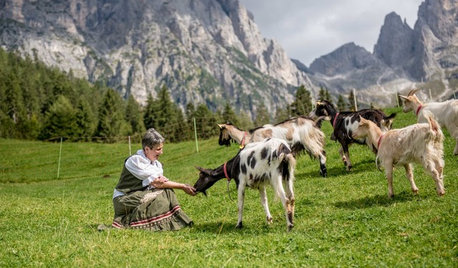
FARMHOUSESWorld of Design: See How 9 Families Live and Farm on Their Land
Join us as we visit the homes and farms of passionate food producers and hear about rural life around the globe
Full Story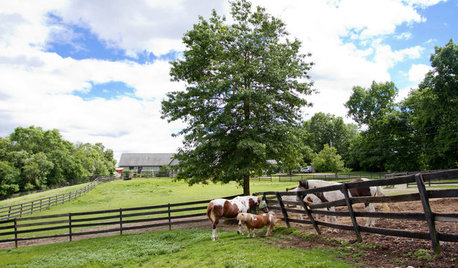
HOUZZ TOURSMy Houzz: New York Farmhouse With a Western Feel
Fourteen acres, 30 animals and 2 owners who love country style make for one happily traditional farmhouse
Full Story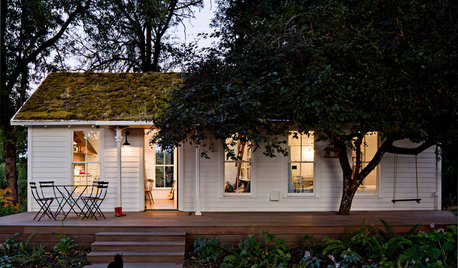
HOUZZ TOURS25 Most Bookmarked Houzz Tours of 2012
Brimming with design solutions, creative layouts and memorable architectural touches, these homes topped the interest charts this year
Full Story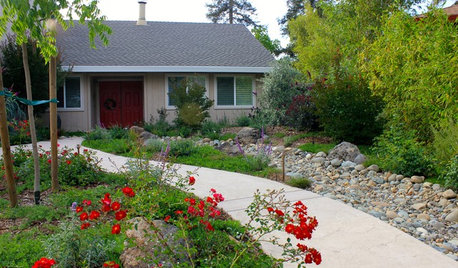
LANDSCAPE DESIGNCalifornia Says Goodbye to the Sprawling Ornamental Lawn
New state rules will effectively limit turfgrass to 25 percent of the landscape in most new and renovated yards
Full Story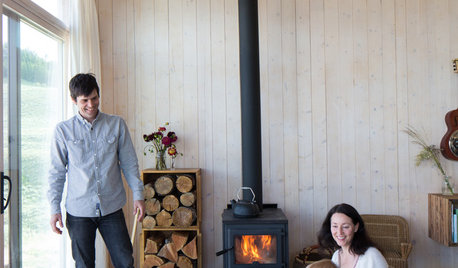
HOUZZ TOURSHouzz Tour: Family Builds Off the Grid Near the Cascade Mountains
Homeowners carefully construct a weekend home on 20 acres in remote northeast Washington
Full Story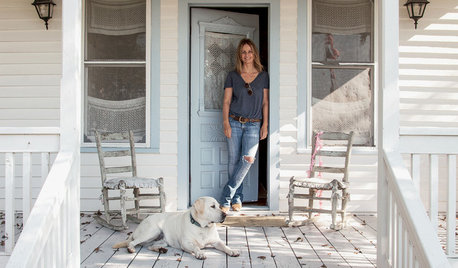
TASTEMAKERSCatching Up With the Queen of Shabby Chic
Rachel Ashwell defined a style embraced by countless fans over the past 25 years. Find out what she’s turning her sights to now
Full Story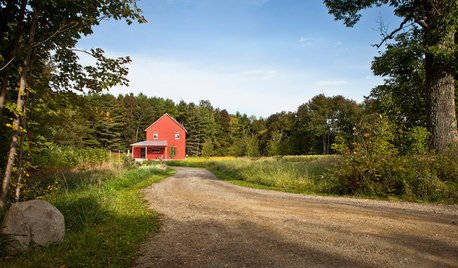
THE ART OF ARCHITECTUREFinding the Perfect Home for a New House
Sun, soil, water, topography and more offer important cues to siting your house on the land
Full Story
GARDENING AND LANDSCAPINGGarden Lessons from a Grand Northwest Reserve
Borrow classic landscape ideas from this Washington state treasure, a series of gardens as thoughtfully planned as they are spacious
Full Story
ARCHITECTURERoots of Style: Ranch Architecture Roams Across the U.S.
Great remodeling potential and generously spaced sites make ranch homes ever popular. Is one of the many variations right for you?
Full Story
MODERN HOMESHouzz Tour: Creek Views Star in a Modern New York Home
Natural materials, all-white interiors and generous windows put the focus on forest and water in this weekend home for a family
Full Story





anniew
koreyk
Related Professionals
Belmont Landscape Architects & Landscape Designers · Deer Park Landscape Architects & Landscape Designers · Wheeling Landscape Architects & Landscape Designers · Farmington Landscape Contractors · Fridley Landscape Contractors · Mercedes Landscape Contractors · Newnan Landscape Contractors · Petaluma Landscape Contractors · Rancho Santa Margarita Landscape Contractors · Thonotosassa Landscape Contractors · View Park-Windsor Hills Landscape Contractors · Webster Groves Landscape Contractors · Wentzville Landscape Contractors · Bensenville Landscape Contractors · Whitney Solar Energy Systemsdirtdigging101
shenandoah_john
Dibbit
anniew
dirtdigging101
skagit_goat_man_
heirloomketchup
annebert
lewmille